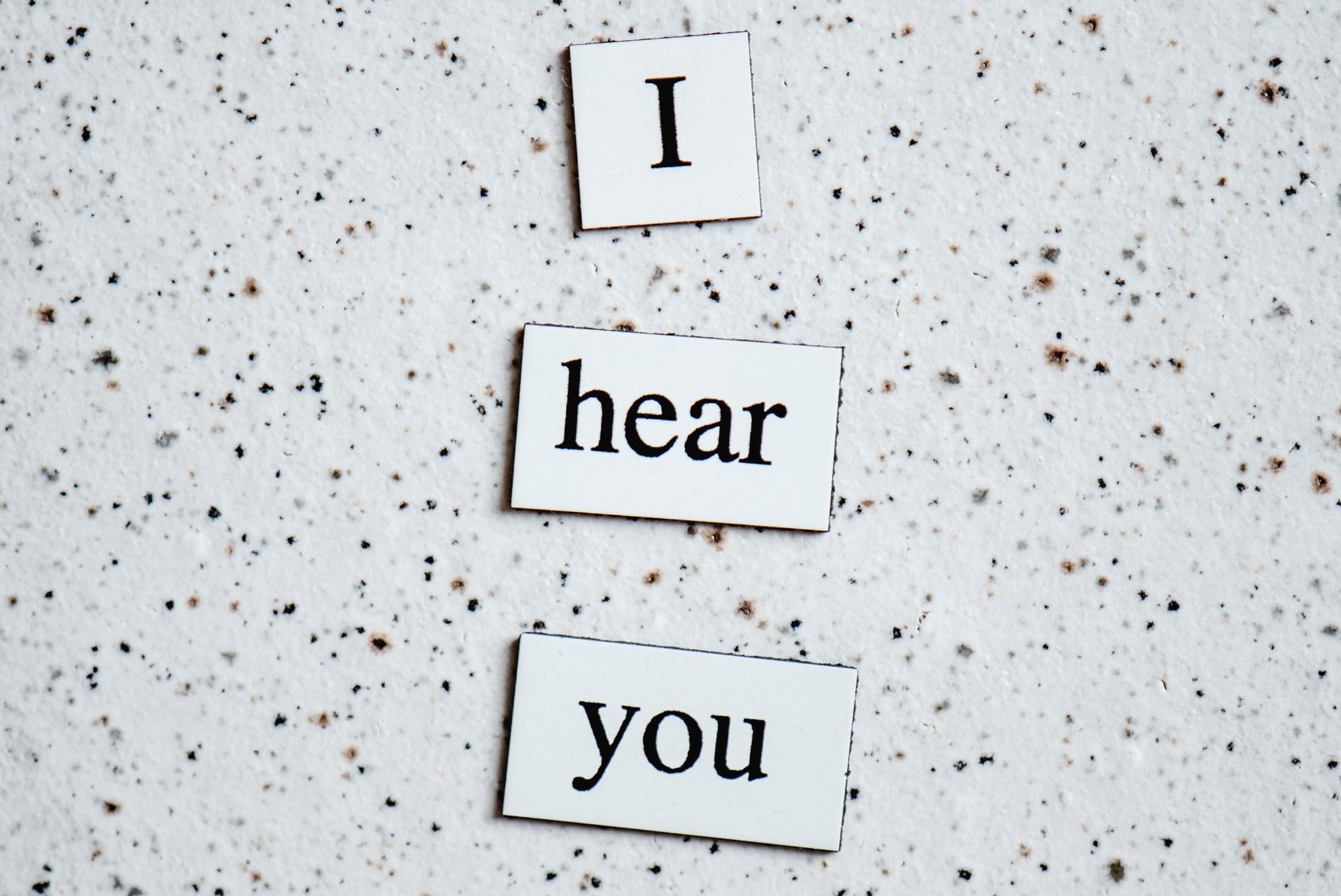
Ringing in the ears, or tinnitus is the sensation of having a continuous or intermittent ringing, buzzing, whistling (or other sounds) in your ears — but is it curable?
Tinnitus is an extremely common condition. The U.S. Centers for Disease Control estimates that nearly 15% of the general public (over 50 million Americans) experience some form of the condition. This makes it even more surprising that there is currently no scientifically-validated cure for tinnitus.
The impact of tinnitus can range from being mildly annoying to causing people stress, hindering sleep, and straining relationships. In the United States, around 20 million people report having burdensome chronic tinnitus, while two million struggle with extreme and debilitating cases.
As tinnitus can have many causes, not all cases of tinnitus are the same. Sometimes tinnitus is only temporary and quickly subsides. However, often tinnitus occurs as a result of permanent damage to ear health (through noise damage or aging).
If your tinnitus has a curable underlying medical cause, this can be resolved. This might mean your tinnitus goes away too, but more often than not, symptoms continue to persist.
Unfortunately, while this means that tinnitus can sometimes go away on its own, if you do have permanent tinnitus, there is currently no cure available. This is not to say that certain coping methods, medications, and devices such as hearing aids can’t help tinnitus sufferers. However, there is currently no FDA-approved medication for the treatment of tinnitus that can cure it once and for all.
Contents
What Are the Causes of Ringing in the Ears?
Up to 90% of people with tinnitus have some level of noise-induced hearing loss. Although it is not at the root of all cases, this makes loud noise exposure the most common cause of tinnitus.
When noise damage is to blame, tinnitus and hearing loss is permanent. This is because the loud noise causes permanent damage to the sensitive hair-like cells of the cochlea in the ear.
Certain professions are at a higher risk of noise-induced hearing loss and tinnitus, including anyone who often works in a noisy environment. Live performing musicians, steel-repair workers, construction workers, people working with other loud devices, and even veterans are included in this group.
Although noise damage is more likely if you are repeatedly exposed to loud noise, everyone is at some sort of risk. Just one short burst of extremely loud noise can be enough to cause ear damage.
Some other conditions and illnesses can lead to tinnitus. These include:
- An earwax buildup (causing hearing loss or irritation to the eardrum)
- An ear infection
- A benign tumor
- Certain medications (aspirin, some antibiotics, anti-inflammatories, loop diuretics, antidepressants, quinine medications)
- Aging (leading to the deterioration of the cochlea)
- A combination of aging and long term noise damage
- Meniere’s disease (affecting the inner part of the ear)
- Otosclerosis (leading to stiffening of the small bones in the middle ear)
- Health issues such as high blood pressure, cardiovascular disease, anemia, circulatory problems, diabetes, allergies, an underactive thyroid gland, autoimmune disease
- Neck or jaw issues (ex: temporomandibular joint syndrome)
- Injuries to the head and neck
Some health and lifestyle factors can also make tinnitus symptoms worse such as the heavy consumption of caffeinated drinks, alcohol, smoking, stress, and fatigue.
Will the Ringing in My Ears Go Away?
Tinnitus can be unpredictable, appearing and disappearing spontaneously. How long your tinnitus is going to last will depend on the primary cause and your overall hearing health.
For instance, if you find yourself experiencing tinnitus after a noisy day of air travel, your symptoms should subside in up to a few days (16 – 48 hours on average). This might be longer, however, and if you are exposed to another bout of loud noise, it could be retriggered.
Sometimes tinnitus is chronic and irreversible. If this is the case, it is largely down to the origin and severity of your symptoms.
How Do I Know if the Ringing in My Ears is Permanent?
A few factors might mean your tinnitus is permanent, such as:
- Hearing loss – tinnitus and hearing loss are closely linked. If you are diagnosed with hearing loss, this goes some way in explaining your tinnitus.
- Traumatic Brain Injury (TBI) – if damage occurs in the brain where the sound is processed, this can lead to permanent tinnitus.
- Exposure to loud noise – repeat exposure to loud noise can cause irreversible ear damage. If you frequently listen to loud music or attend noisy events or workplaces, this may have caused your symptoms.
Sometimes only time will tell if your tinnitus is permanent, or it might seem permanent and then go away on its own. Visiting an audiologist and chatting through your risk factors and symptoms will provide information on which to base further tests. If your tests reveal that your tinnitus is due to a known cause of permanent tinnitus, you will be advised that this is also likely to be the case in your situation.
Should I See a Doctor for Ringing in My Ears?
If your tinnitus persists for more than 48 hours, you’ll want to see a doctor about your symptoms. They’ll be able to conduct a medical examination or refer you to a specialist for a comprehensive hearing test. This will tell you information such as whether your tinnitus is linked to hearing loss and noise damage, and whether it is likely to be permanent.
Tests usually include an audiological exam, a movement test, and occasionally an imaging test.
Once the cause of your tinnitus has been determined, your doctor will talk to you about your treatment options.
Is There a Cure for Ringing in the Ears?
There are currently no FDA-approved medications to specifically treat tinnitus, nor is there a cure with sufficient scientific validation.
Nevertheless, there are treatment options to ease the psychological strain of tinnitus, helping patients to ignore their symptoms.
Some people find success using certain medications to treat the stress and anxiety caused by their tinnitus. These include tricyclic antidepressants (such as amitriptyline and nortriptyline) and alprazolam (Xanax).
Other treatment options include hearing aids (as they can amplify the sounds you want to hear, distracting you from the unwanted sounds), or tinnitus masking or noise suppression devices. These can be worn in the ear like a hearing aid and create a constant signal or tonal beats to compete with the ringing in your ears, drawing your attention away from the tinnitus.
Tinnitus sound therapy (a method using habituation to retrain your brain’s way of interpreting tinnitus) and tinnitus retraining therapy (which uses cognitive behavioral therapy (CBT) in combination with a masking device to help you learn to ignore your tinnitus) have also helped people manage their symptoms.
It is best to stay away from over-the-counter ‘tinnitus remedies’. These products often make misleading claims and have no scientific evidence in support of their efficacy.
Research is still being conducted to find a successful cure for tinnitus; learn more at the American Tinnitus Association (ATA) website.
To read more about tinnitus causes, risks, and treatment options, see our other blog posts.
The information in this guide has been written using the following reliable sources:
https://www.kinghearing.com/tinnitus-articles/will-tinnitus-go-away-on-its-own/
https://www.medicalnewstoday.com/articles/156286
https://www.mayoclinic.org/diseases-conditions/tinnitus/diagnosis-treatment/drc-20350162#
https://www.webmd.com/a-to-z-guides/understanding-tinnitus-basics
https://www.ata.org/understanding-facts
https://www.healthyhearing.com/help/tinnitus/treatment








